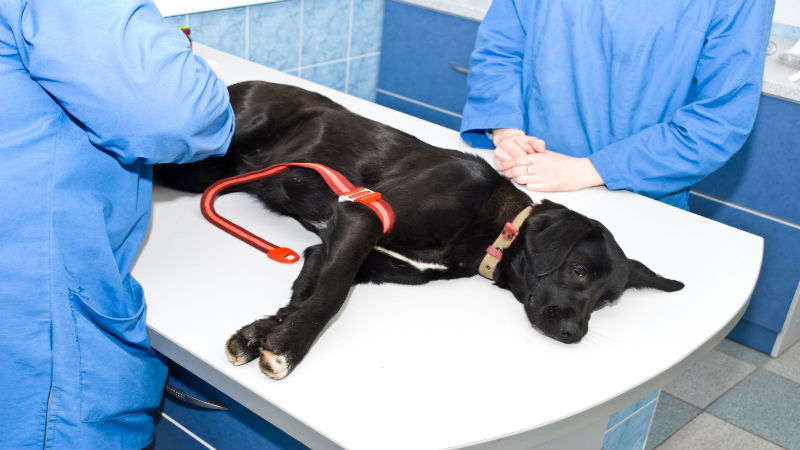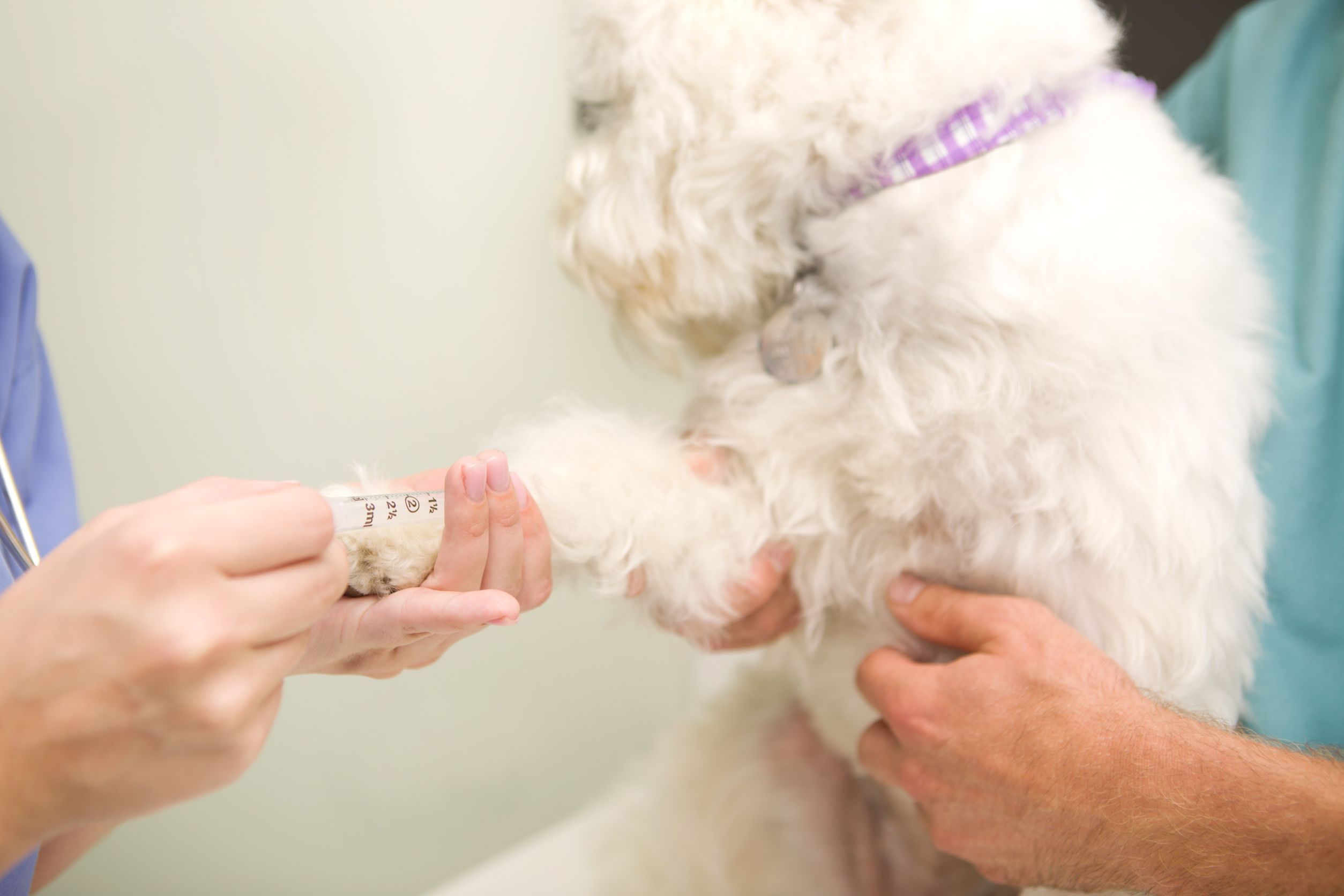Guidelines for giving cat vaccines separate the inoculations into non-core and core vaccines. Vaccination protocols are also customized to an individual cat’s lifestyle and health. However, core vaccines are suggested for all cats. These core vaccines include the feline calicivirus (FCV), feline herpesvirus-1 (FHV-1), and feline panleukopenia (FPV).
Non-core Vaccines and Their Administration
The administration of non-core cat vaccines is determined by assessing a cat’s exposure risk and lifestyle. Some of the non-core vaccines include vaccines for rabies, feline leukemia virus (FeLV), feline immunodeficiency virus (FIV), and feline infectious peritonitis (FIP).
Rabies Vaccinations for Cats
Rabies vaccines for cats are required in a variety of jurisdictions. While these cat vaccines are only required every three years, the sole non-adjuvant vaccine now on the market is tagged to last for one year. Most feline vets recommend this vaccine as a safer alternative to the three-year vaccine, even if a cat must be vaccinated more frequently.
Why Core Vaccinations Are Necessary
For the first several weeks of their lives, kittens consume antibodies found in their mother’s milk. The antibodies safeguard a kitten from infectious diseases until its immune system matures. Unfortunately, the maternal antibodies also disrupt a vaccine’s ability to stimulate the feline immune system. In turn, vets often administer a line of vaccines, typically starting when a kitten is around two months old. The vaccinations are repeated at monthly intervals.
Maintaining a Vaccination Schedule
As noted, a number of factors are considered when determining what types of non-core vaccinations a cat should receive and how often they need to be vaccinated. Again, vets at facilities such as the Neuter Clinic consider a cat’s health, lifestyle, age, and exposure risk. They also make sure that core vaccines are up-to-date to prevent the spread of disease and maintain a cat’s health. You can also connect them on Facebook for more updates.

